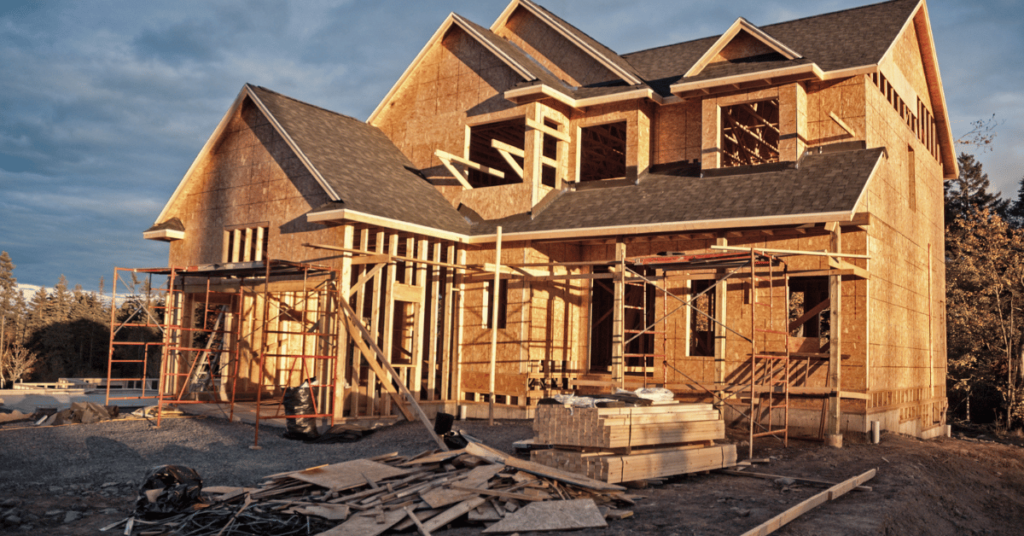Differences between commercial and residential construction services:
Whether you are building a new home or commercial property, it is important to understand the key distinctions between residential and commercial construction services. While both aim to transform designs into fully functioning buildings, they involve very different processes, regulations, and skill sets.

Project Type and Scale
- Residential projects focus on smaller buildings like single-family homes, duplexes, townhomes, or low-rise apartment complexes. Renovations and additions to existing houses are also common.
- Commercial construction deals with much larger structures like office buildings, retail centers, warehouses, factories, schools, and hospitals that serve businesses and public users. The scale of commercial builds is routinely much greater, both in terms of building size and overall project scope.
Building Systems
- Residential construction relies on standard wood framing, interior finish systems, and dwelling unit layouts.
- Commercial builds require expertise in complex structural systems, utility installations, specialized components, and compliance with additional codes for non-residential occupancies. Advanced mechanical, electrical, and plumbing are the norm.
Expertise Areas
- Residential contractors specialize in habitable living space configurations, aesthetics, craftwork, and creating comfortable, functional homes.
- Commercial firms master demanding engineering, utilization of heavy construction materials, implementation of industrial-grade HVAC/electrical, and adherence to rigorous commercial code standards.
Project Management
- Small residential remodels can often be completed quickly by a single contractor.
- Commercial work involves seamless coordination between multiple trade partners across lengthy construction periods that may span years for large urban developments. Planning, scheduling, and risk management are far more intricate.
Budgets and Financing
- Home builders operate within the cost constraints of individual homeowners or small development clients.
- Commercial contractors execute huge capital projects that demand sophisticated budget forecasting, procurement processes, and coordination of private/public financing partners.
Regulatory Compliance
While both must meet baseline building codes, commercial structures further comply with occupancy regulations for factors like accessibility, fire/life safety, environmental protection, and other requirements designed for non-residential buildings.
FAQS
Q1: What to know before residential construction?
A1: Plans, permits, budgets, timeline, subcontractors, utility plans. Proper planning enables a smooth build.
Q2: How to choose materials for commercial space?
A2: Consider use, budget, safety, longevity, looks, and maintenance. Consult codes and experts for structural needs like offices vs warehouses.
Q3: Process for renovating a home?
A3: Work with designer, permits, testing, framing, systems, finishes. Careful phasing is key for successful renovations.
Q4: How do construction loans function?
A4: Finance materials, and labor with monthly payments during build. Converts to mortgage post-occupancy permit. Good credit and documented budgets are needed.
Q5: What goes in a construction contract?
A5: Project details, budgets, schedule, roles, changes, insurance, standards, security, payments, punchlists, warranties – clarity prevents disputes.



